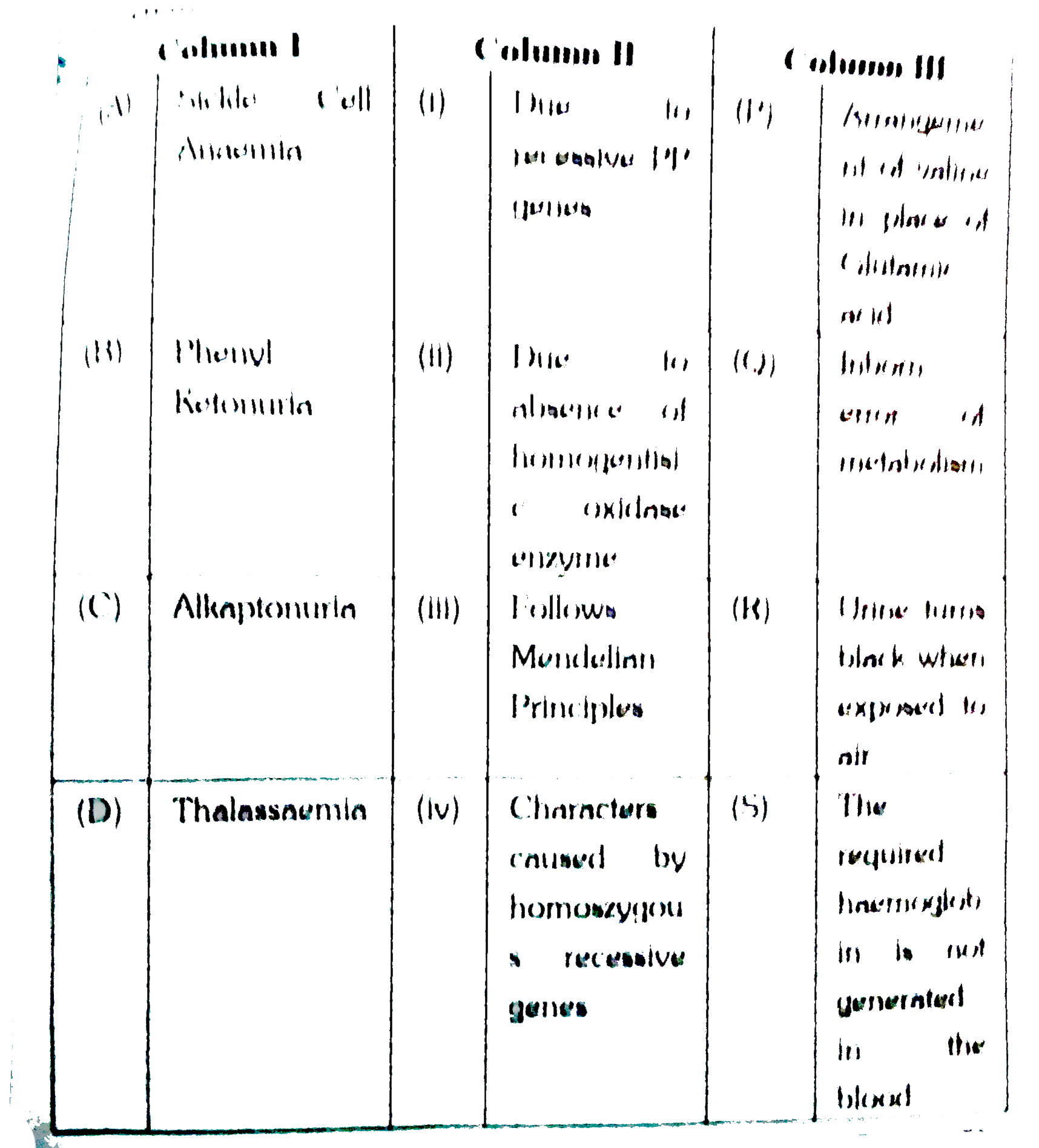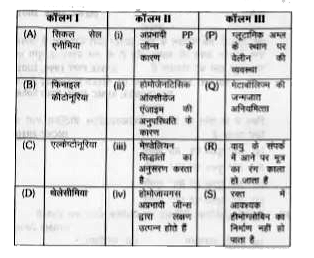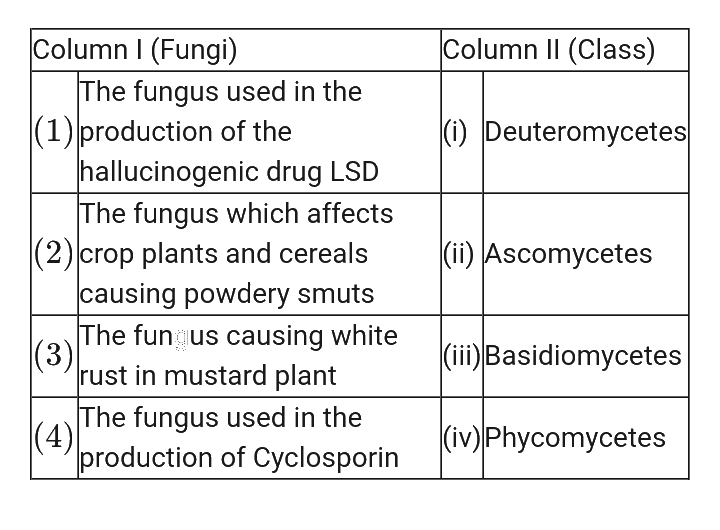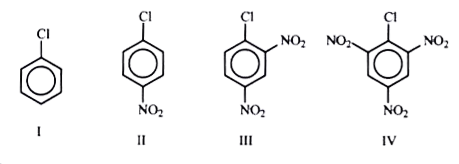ఇంకుడు చెరువుల ప్రయోజనం i) నీటి ఎద్దడి తగ్గును ii) భూగర్భజలం పెరుగును iii) వర్షపాతం పెరుగునుiv) కరువులు వచ్చును
i మరియు ii
ii మరియు iv
iii మరియు iv
i మరియు iv
Step by step video & image solution for ఇంకుడు చెరువుల ప్రయోజనం i) నీటి ఎద్దడి తగ్గును ii) భూగర్భజలం పెరుగును iii) వర్షపాతం పెరుగునుiv) కరువులు వచ్చును by Biology experts to help you in doubts & scoring excellent marks in Class 10 exams.
Updated on:21/07/2023Topper's Solved these Questions
Similar Questions
మీరు నివసిస్తున్న పరిసరాలలో ఏ విధంగా నీరు ఉపయోగించబడుతుంది? దుర్వినియోగం చేయబడుతుందో మరియు పునః చక్రియం చేయబడుతుందో అధ్యయనం చేయండి. సహ విద్యార్థులు, ఉపాధ్యాయుల సహాయంతో ప్రశ్నావళిని రూపొందించి ఐదు ఇళ్లలో అధ్యయనం చేయండి. అందరికీ నీరు అందించే విధానాలను అన్వేషించి చర్చించండి
View Solutionఉచ్వాసం -నిశ్వాసం మధ్య తేడాలు రాయండి
View SolutionFind: (i) 6412 (ii) 3215 (iii) 12513
View SolutionFind : (i) 932 (ii) 3225 (iii) 1634 (iv) 125−13
View SolutionMathc the culumn I,II and III

View Solution
The basicity order of I, II and III is
View Solution(a) a- i ,b-iii,c-ii (b) a-iii,b-ii,c- i (c) a-ii,b-iii,c- i (d) a-ii,b- i ,c-iii
View SolutionIdentify i, ii and iii
View SolutionMatch the column-
Column IColumn IIA Toxinsi. MorphineB Alkaloidsii. AbrinC Lectinsiii. VinblastinD. Drugsiv. Concanavalin A
ABCDiiiiiiiviiiiiiiviiiiviiiviiiiii
View SolutionSelect the combination that correctly marches the fungi to respective class. {:(,(1),(2),(3),(4)),((I),i,iii,iv,ii),((II),ii,iii,iv,i),((III),iii,ii,i,iv),((IV),iv,i,ii,iii):}
View SolutionComlete the reaction (i) (ii) (iii)
View Solutionकॉलम I, II तथा III को सुमेलित कीजिए

View SolutionI, II and III respectively are
View SolutionSelect the combination that correctly marches the fungi to respective class.

(1)(2)(3)(4)(I)iiiiivii(II)iiiiiivi(III)iiiiiiiv(IV)iviiiiii
View SolutionWhich set of elements is transitional in character ? (i) Fe, Co, Ni (ii) Ru, Rh, Pd (iii) Os, lr, Pt i , ii iii, i iii, ii i , ii, iii
View SolutionOrder of reactivity towards nucleophilic substitution reaction of the compounds
(I) (1) I > II > III > IV
(2) II > I > II > IV
(3) IV > III > II > I
(4) II > IV > II > I
(1) I > II > III > IV
(2) II > I > II > IV
(3) IV > III > II > I
(4) II > IV > II > I
View Solution
